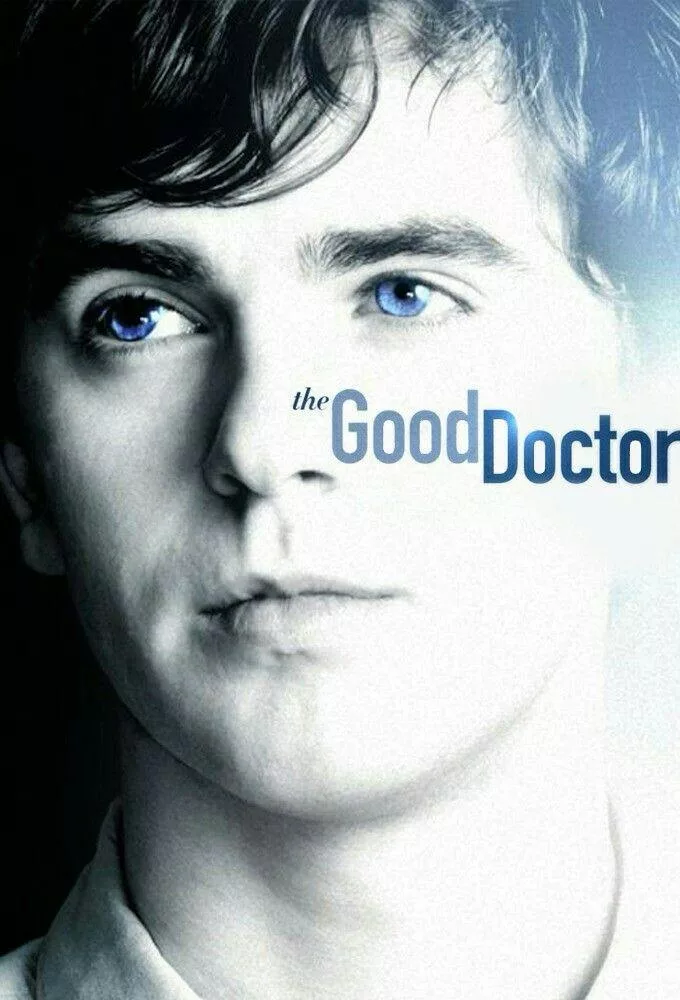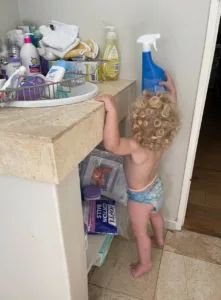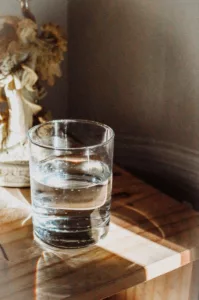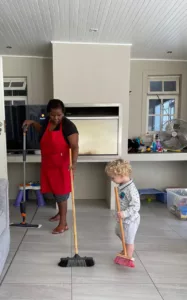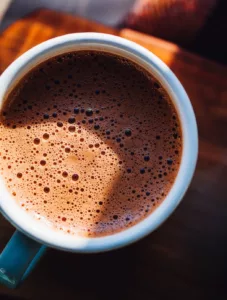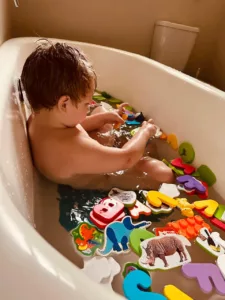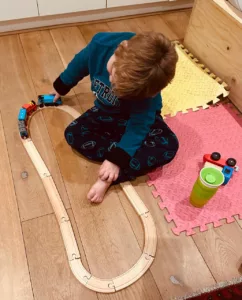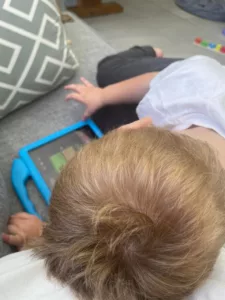My husband and I are big fans of the Netflix series, ‘The Good Doctor’. Not particularly because it features an autistic character, Dr Shaun Murphy (played by neurotypical actor, Freddie Highmore), but because we’ve always liked medical dramas. In fact, we have yet to see a popular series accurately depict an autistic individual sitting right of centre on the spectrum. I’m not sure if we ever will, because the lows of life alongside profound autism, is probably not the kind of thing most audiences would easily engage with. Hell, our own blood relatives often don’t want to hear about our struggles here at home. They would far prefer to see the highlight reel on Instagram. And that’s probably because most people aren’t built to understand or cope with the relentlessness of this life sometimes. In our own experience, when family ask how you’re doing, what they really want to hear you say, is “fine” or “good thanks”. They don’t want all the nitty gritty! I think that’s the main reason so many autism families living this life feel isolated and alone. Very few people around us have the emotional bandwidth to validate our very real, and sometimes very grim, lived experiences.
In last night’s episode of ‘The Good Doctor’ (Season 6, Episode 5), two brothers feature on the show. Character Chris McGowan, played by Jonathan Sadowski, is older brother and caretaker to his younger brother Ollie, played by Reggie Herold, who suffers from a traumatic brain injury. Chris is diagnosed with terminal pancreatic cancer, and is forced to consider what the future holds for his disabled sibling. Terrified of leaving him alone in the world without his love and guidance, Chris grapples with the idea of admitting Ollie into a group home. His pain, grief, and guilt is so immense, he considers alternative chemotherapy therapy in a dodgy clinic in Mexico, utterly convinced that trying to stay alive at any cost is what’s best for his vulnerable brother.
Well, this particular storyline was deeply affecting for us both. So much so, that I cried through most of this episode. Because one of a special needs parents’ greatest fears, is what happens to their child once they’re gone. In our case, we literally have no family members that Aidan could go to, or be raised by. None, not on either side. The reality is that admission to a group home would be inevitable if both of us passed on. We’re middle-aged and not exactly the picture of good health. We both carry too much weight, we both need to be more physically active and fit, and we both eat too much salt and sugar. Getting healthy enough to live as long as possible for our son is something that we think and talk about all the time. But we are in a tough season of autism, and we are in and out of survival-mode. We are just trying to cope with the challenges we have now. Very little thought, time, and effort, is going into self-care of any kind. Hell, some weekends are so full-on, we don’t even get to shower. So how do we make our own health a priority?
Realistically, I feel we’d need to bring in even more help than we have already – and we have a lot more support than most people! Thanks to my parent’s generosity, we have enough support to get through the working week very well. But we don’t have any spare hands in the evenings or on the weekends, and Monty and I need to work in tandem and as a team when we’re alone as a family. Aidan’s needs are too high for us two to able to divide and conquer. Leaving one parent at home to manage it all, while the other physically tires themselves out in the gym, is just not a viable option for us right now unfortunately. But we hope it could be some day! We are actively trying to make small progress on this front. Teaching Aidan to become more self-reliant and independent is a current target on Aidan’s ABA program. We are trying to help him learn how to self-soothe and de-escalate when he becomes dysregulated. We are focusing on developing his independent play skills so he can be left with minimal supervision for 5-10 minutes here and there while a parent does a chore, or catches their breath. We are trying to tackle his habit of building rituals and rigidities into the simplest of care routines and every day activities, so that we can simplify the way we wake him up, get him dressed, bath him, and hopefully streamline his highly curated and complex night routine. Until we make some meaningful progress with all of these things, it’s just not going to be possible for us to tag in and out for long enough to complete a good and proper gym workout. And so, we press on, working towards the day we might have more time to focus on ourselves!
But leaving Aidan behind, is truthfully one of the things that keeps me up at night. It fills me with dread to even contemplate what we might need to put in place for him someday. But honestly, this is the kind of thing we need to be realistic about and formalise on paper somewhere. It’s something all special needs parents need to consider. It’s better to have a plan in place than to have strangers scrambling to make one for your child after you’re gone. We owe it to our children to contemplate these hard things, and to make contingency plans to extend their good care past our deaths, and for the rest of their lifetimes.
